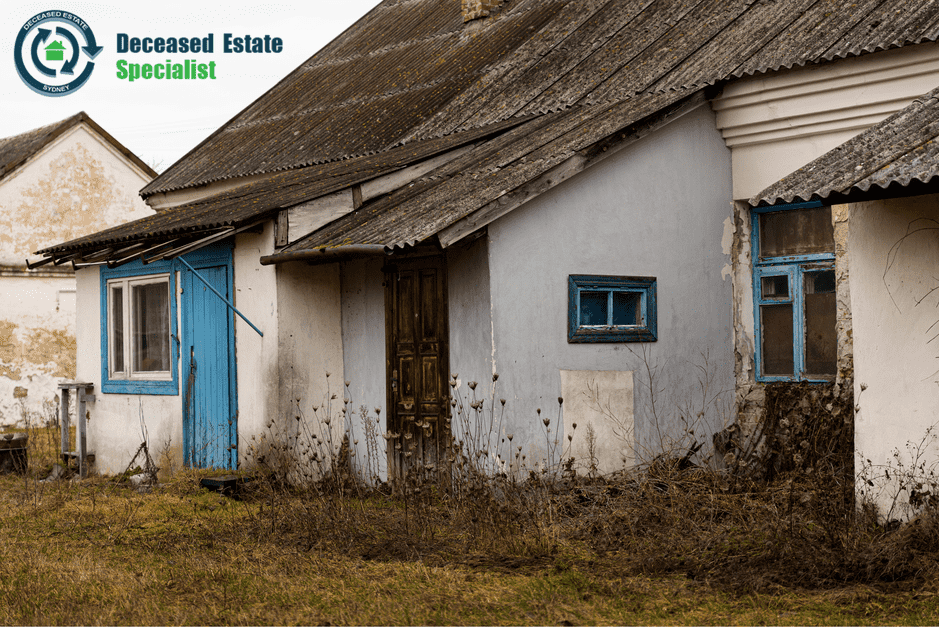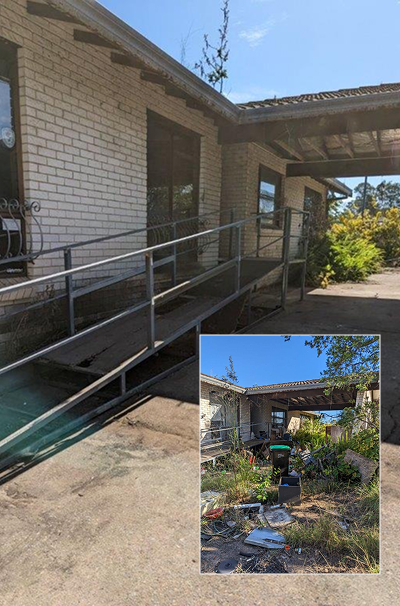The days following the loss of a loved one can be overwhelming, especially when managing their belongings. It’s essential to know not only what to do, but also what to avoid during the estate clearance process. Showing respect for the deceased, following legal steps, and seeking peace of mind for yourself and your family are crucial during this difficult time.
Let’s learn more about how to clean out a deceased estate.
Why Knowing What Not to Do Is the Foundation of Respectful Clearance?
If you’re not careful and don’t follow the rules, this process can quickly turn into a complicated and stressful situation, such as:
- Legal Liability
- Financial Loss
- Family Conflict
- Emotional Regret
Four Critical DON’TS in Cleaning Out a Deceased Estate
What should we consider? Let’s take a closer look below.
- Don’t Rush the Process: Take time to grieve before making significant decisions. Seek professional advice and ensure you have the legal right to proceed.
- Don’t Disregard the Will: Remember, the estate isn’t solely yours; discuss the distribution of items with beneficiaries and keep track of their preferences.
- Don’t Throw Away Any Paperwork: In learning “how does a house clearance work,” professionals start by avoiding discarding documents without thorough sorting, as they may contain critical legal papers.
- Don’t Rely on Unprofessional or Personal Valuations: Don’t rely on personal opinions for valuing items; consult a professional appraiser for valuable belongings.
Trust Deceased Estate Specialists’ Expertise!
Clearing a deceased person’s estate can be challenging, but knowing what to avoid is crucial for a smooth process. Deceased Estate Specialists are trained to manage critical details, including complying with legal requirements.
Our team’s expertise in “how does a house clearance work” can streamline a potentially lengthy process, relieving families of stress and honouring their loved one’s memory.






